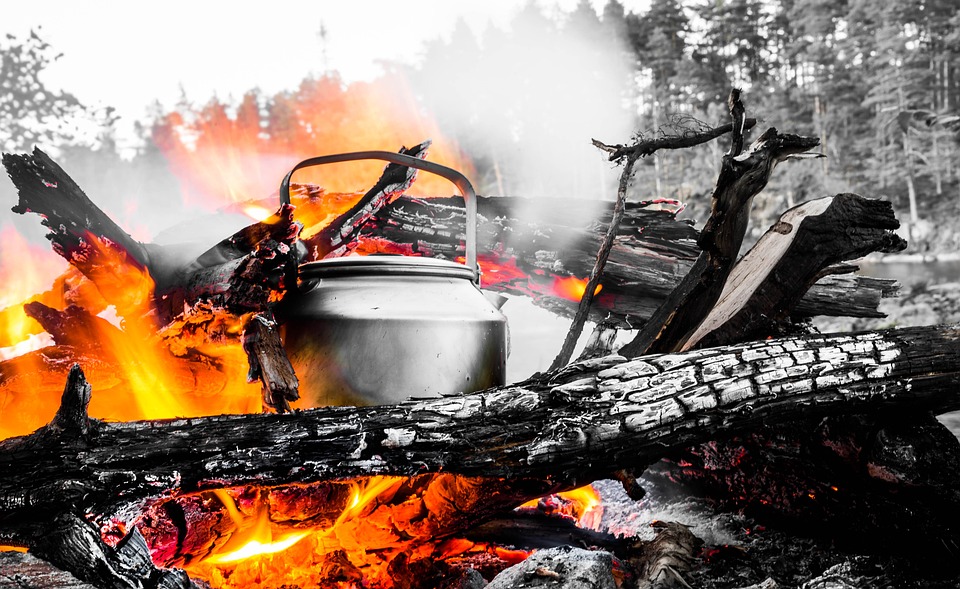Introduction
Camping is a fantastic outdoor activity that allows you to disconnect from the hustle and bustle of daily life and immerse yourself in nature.
However, if you’re a beginner, it’s essential to be properly prepared to ensure a safe and enjoyable experience.
These ten essential camping tips will help you get started on your camping adventures.
1. Choose the Right Campsite
Research different campsites and pick the one that suits your preferences and needs.
Consider factors such as location, facilities, and available activities.
Read reviews to gather as much information as possible before making a decision.
2. Plan Your Meals and Pack Accordingly
Prepare a menu in advance and pack all the necessary ingredients and cooking equipment.
Opt for ready-to-eat and non-perishable food items to simplify meal preparation.
Don’t forget to bring plenty of water or a water filtration system.
3. Test and Set Up Your Gear
Prior to your camping trip, set up and test your camping gear like tents, sleeping bags, air mattresses, and camp stoves.
Familiarize yourself with their assembly and usage instructions to prevent any difficulties when you arrive at the campsite.
4. Dress for the Weather
Check the weather forecast for your camping days and pack suitable clothing layers.
Even during warm temperatures, nights in nature can get chilly, so be sure to bring warm clothes and a good sleeping bag.
5. Pack Essential Supplies
Make a checklist of essential camping supplies such as a first aid kit, insect repellent, sunscreen, a flashlight, extra batteries, toiletries, and rubbish bags.
These items can significantly contribute to your overall camping experience.
6. Learn Basic Camping Skills
Before embarking on your camping trip, familiarize yourself with basic camping skills such as setting up a tent, starting a campfire safely, using a compass, and understanding basic navigational skills.
This knowledge will help you navigate the camping environment with ease.
7. Respect Wildlife and the Environment
Remember that when camping, you are entering the territory of many plants and animals.
Preserve the natural beauty by properly disposing of waste, sticking to designated paths, and avoiding any unnecessary contact with wildlife.
8. Follow Campfire Safety Guidelines
If the campsite permits campfires, it’s crucial to follow safety guidelines.
Clear a safe area for the fire, keep it small, and never leave it unattended.
Ensure the fire is completely extinguished before leaving the campsite or going to sleep.
9. Stay Hydrated and Hygienic
Drink plenty of water to stay hydrated throughout your camping trip.
Maintain good hygiene by bringing hand sanitizers, wet wipes, and toiletries.
Keep your cooking and eating utensils clean to prevent any potential health hazards.
10. Embrace the Outdoors and Have Fun
Lastly, embrace the camping experience.
Disconnect from your electronic devices and enjoy the peace and serenity of nature.
Engage in outdoor activities like hiking, fishing, or stargazing.
Remember, camping is about reconnecting with nature and creating lasting memories.
FAQs
Q: What kind of tent do I need?
A: It depends on various factors like the number of people, weather conditions, and personal preferences.
Research different types, such as dome tents or cabin tents, and choose one that suits your needs.
Q: How do I start a campfire?
A: Gather dry twigs, leaves, and small branches.
Create a fire pit, arrange the smaller materials as a base, and gradually add larger pieces.
Use matches or a lighter to ignite, and never leave the fire unattended.
Q: Is it safe to camp alone?
A: Camping alone can be safe if you take appropriate precautions.
Inform a trusted person about your camping plans, choose well-populated campsites, and be cautious of your surroundings.
It’s also helpful to have some basic self-defense knowledge.
Q: Should I bring a camping stove or cook on a campfire?
A: Both options are viable.
Camp stoves offer convenience, control, and are ideal for quick cooking.
However, cooking on a campfire can be a unique and enjoyable experience.
Always follow safety guidelines for whichever cooking method you choose.
Q: How do I protect food from animals?
A: Store food in airtight containers or use bear-resistant canisters.
Hang food high off the ground or store it in designated lockers, if available.
Avoid keeping food inside your tent to prevent attracting animals.




